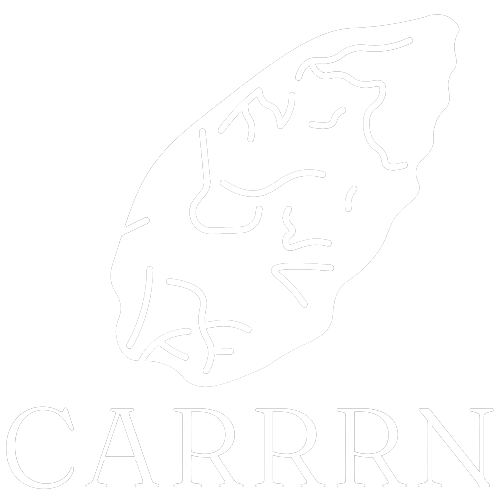ReclaimingPreservingRestoringHonoring
Our HeritageCultural IdentityCultural ArtifactsAncestral Legacy

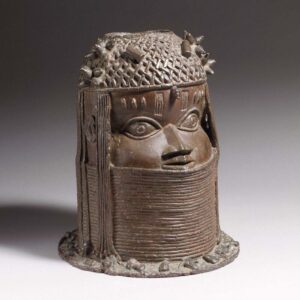

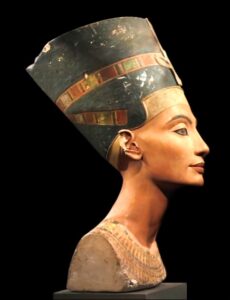
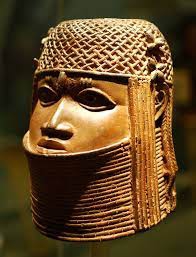
CARRRN (Cultural Artifact Recovery and Repatriation Research Network) is committed to recovering, researching, and repatriating cultural artifacts taken during the colonial period from Asia, Africa, and South America. Our organization maintains a comprehensive database of these artifacts, highlighting their historical and cultural significance. Through educational events, news updates, and collaborations with museums, we strive to raise awareness and promote the return of these treasures to their countries of origin.
OUR OBJECTIVES
Working Towards Cultural Repatriation and Awareness through collaborative and cooperative approach
Promote Repatriation Efforts
Advocating for the Returning & Restoring Cultural Artifacts to their Countries of Origin.
Foster Education & Awareness
Cultivating Understanding & Educating Communities about Cultural Artifact Repatriation.
Establish Ethical Frameworks
Paving the Way & Advocating for Ethical Policies and Practices in Cultural Artifact Repatriation.
We believe that cultural artifacts rightfully belong to their communities of origin. Our mission is to empower these communities by facilitating repatriation efforts and fostering cultural dialogue. By promoting education and raising awareness, we seek to mobilize support and honor the diverse cultural identities impacted by colonial history. Join us in reclaiming cultural heritage, reviving collective memory, and championing the return of these artifacts to their rightful homes.
Through collaborative partnerships and research initiatives, CARRRN works towards establishing ethical frameworks and advocating for policy changes that support the repatriation of cultural artifacts. We aim to create a global movement that recognizes the importance of returning these artifacts to their countries of origin, fostering cultural healing and strengthening the bonds between nations.
OUR GOALS
Our primary goal is to actively facilitate the repatriation of cultural artifacts taken from Asian, African, and South American countries during the colonial period. We strive to reclaim these significant treasures and restore them to their countries of origin, recognizing their cultural value and fostering a sense of pride and identity for the communities they belong to.
We aim to promote cultural awareness by raising public consciousness about the historical and cultural significance of these artifacts. Through educational events, seminars, and workshops, we seek to engage and inform communities, encouraging a deeper understanding and appreciation of their own heritage as well as the importance of repatriation in preserving cultural identity.
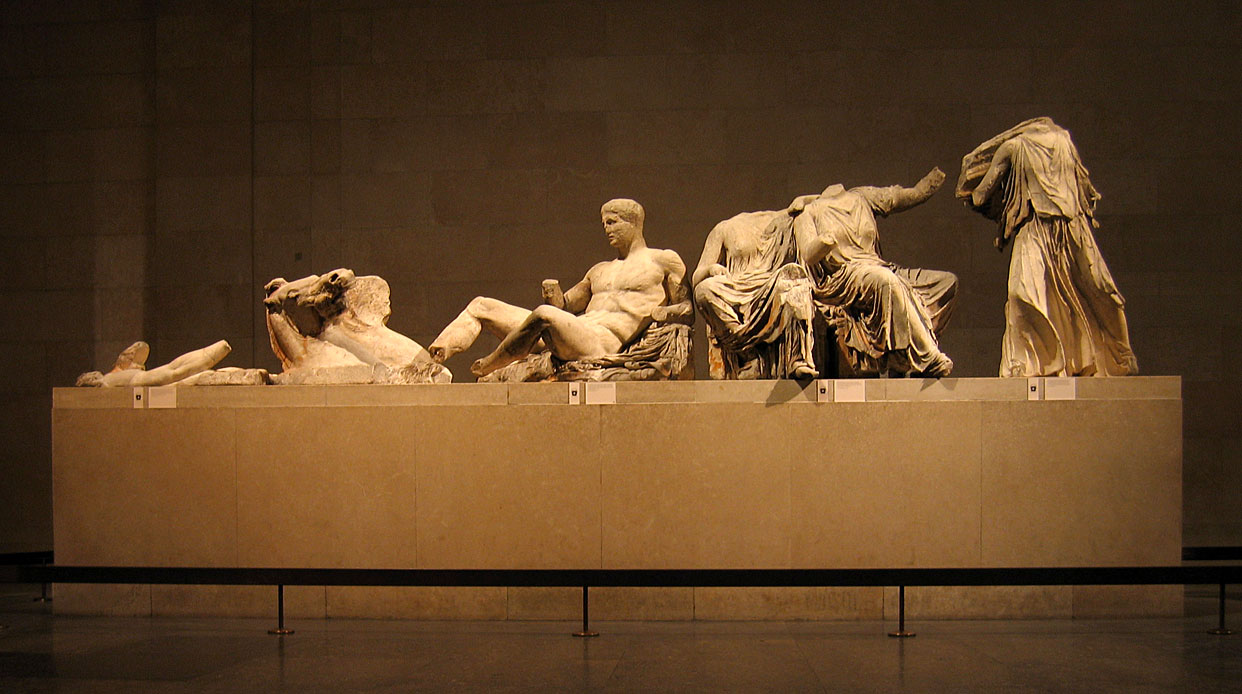
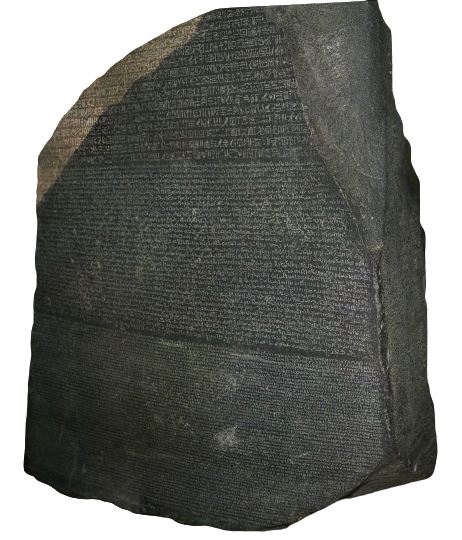
Our overarching goal extends beyond the immediate future. With a long-term vision in mind, we strive to establish ethical frameworks, influence policy changes, and foster responsible practices in the field of cultural artifact repatriation. By creating a sustainable framework, we aim to ensure the preservation and return of these artifacts for generations to come, making a lasting impact in the next 50 years and beyond.
Years Project of Repatriation
WHY SHOULD WE REPATRIATE ?
Cultural artifacts hold immense historical, artistic, and symbolic value, representing the rich tapestry of human civilization. These treasures encapsulate the stories, beliefs, and achievements of past generations, acting as a bridge between our present and the legacies of our ancestors. They are not mere objects, but gateways to understanding and celebrating diverse cultures.
— Understanding the Significance
During the colonial period, countless cultural artifacts were taken from their countries of origin, often without consent or proper documentation. This act of cultural plundering has had a profound impact on communities, robbing them of their tangible heritage and eroding their sense of identity.
The time has come to rectify this historical injustice. The repatriation of cultural artifacts is not merely about returning objects to their rightful owners; it is about restoring dignity, healing wounds, and strengthening cultural connections. By reclaiming these artifacts, we honor the resilience and creativity of communities, revitalizing their cultural practices and ensuring that future generations can embrace their heritage with pride.
Together, we can build a future where cultural artifacts are respected, protected, and rightfully returned. By advocating for their repatriation, we take a stand for justice, equality, and the preservation of cultural diversity. It is through the return of these artifacts that we strengthen cultural connections, fostering a deeper understanding and appreciation of different traditions and histories. We recognize the importance of these artifacts as living testaments to the human journey and commit ourselves to protect and safeguard them for generations to come.
Let us join hands and embark on a journey to restore what was lost, ensuring that cultural artifacts once again find their home where they truly belong. Together, we have the power to make a difference, to advocate for the repatriation of these treasures and to promote a world where cultural heritage is valued and celebrated. By standing united, we affirm our commitment to justice, equality, and the preservation of cultural heritage. Let us take this collective step forward and write a new chapter, where the voices of the past are heard, and cultural artifacts reclaim their rightful place in history.





LONG TERM APPROACH TO REPARATIONS
We adopt a comprehensive, long-term approach to reparations, recognizing that true justice requires addressing systemic inequalities caused by colonization. In addition to the return of cultural artifacts, we advocate for educational initiatives, community empowerment programs, and policy reforms to address the root causes of cultural loss and displacement. Our aim is to create lasting change that goes beyond immediate actions and promotes social and economic equity.
Our long-term approach to reparations focuses on building bridges for future generations through educational programs, intercultural dialogue, and collaborative projects. By fostering understanding and inclusivity, we aim to create spaces where diverse communities can come together, share experiences, and learn from one another. Through engaging with younger generations, we pass on the lessons of history and inspire them to become advocates for justice and equality, creating a future where cultural heritage is celebrated, collective memory is honored, and the legacy of colonization is transformed.
Join Our Community Newsletter
Stay Connected, Informed, and Engaged with the Latest News and Updates Form CARRRN

